The Bangladesh Prime Minister Sheikh Hasina Hill Tracts Heritage Conservation and Research Centre on Bailey Road is hosting a four-day "Parbatta Mela" from February 14–17. The four-day Hill Fair in the Chattogram Hill Tracts Complex on Bailey Road concludes on Saturday, February 17.
Ever since Friday, February 16, early in the morning, the fair has been overrun with people. That being said, fewer people come in the evening.
People congregate at the fair for mountain cuisine, clothing, and agricultural goods, as well as for shopping and interested tourists who want to discover the mountain's little-known past. Readers may learn more about the Chattogram Hill Tracts by perusing some rare books about the subject that are on display at the fair's fifteenth stand.
The purpose of the fair, which is being held by the Ministry of Chattogram Hill Tracts Affairs, is to inform the plains population about the customs, history, attire, and heritage of the people living in the Chattogram Hill Tracts. Additionally, the fair aims to market and encourage the sale of goods made by the region's small ethnic groups.
For the four-day event, 97 booths have been put up. The fair's stalls showcase and market a variety of handicrafts, traditional waistcoat-woven goods, and traditional hill cuisine made in the region's three hill regions.
The four-day expo was hosted by the Ministry of Chattogram Hill Tracts Affairs and took place at the Sheikh Hasina Hill Tracts Complex on Bailey Road in the capital.The primary guest at the concluding ceremony will be RAM Obaidul Muktadir Chowdhury, Minister of Housing and Public Works. Kujendra Lal Tripura, State Minister for Chattogram Hill Tracts Affairs, will serve as the event's chairperson.
At the complex's Multipurpose Hall on Wednesday, Abul Hasanat Abdullah, chairperson of the Chattogram Hill Tracts Agreement Implementation and Monitoring Committee, officially opened the 2024 "Parbatta Mela." The fair will close on Saturday after opening on Wednesday.Daily hours for public access are 9 a.m. to 10 p.m.
Every day from six o'clock to ten o'clock, 275 artists from the Hill 3 areas perform in typical evening cultural events. Jhum veggies, imported from Khagrachhari's hill area, are being sold in the hill market in the meantime. Sales at the fair are poor, according to Hills Bazar owner Rono Chakma. Yet in the upcoming days, I'm hoping that sales will rise.
Mushrooms, tamarind, jhum rice, almonds, date powder, patali, mustard oil, bananas, potatoes, and jhum are among the many agricultural goods offered at the celebration.A plethora of tourists are also visible swarming the restaurants and apparel stores atop the hill.
On the other hand, pineapple at Tk70 per kg, capsicum at Tk120 per kg, jhum chilli at Tk500 per kg, ginger at Tk250 per kg, bean seed at Tk250 per kg, coconut kachu at Tk120 per kg, jhum eggplant at Tk80 per kg, jhum maize at Tk80 per kg, sweet potato at Tk80 per kg, billet potato at Tk130 per kg, plum at Tk120 per kg, pahari tamarind at Tk160 per kg, kachu at Tk100 per kg, turmeric powder at Tk400 per kg.
At the fair, pure honey is available at Tk 1,000 per kg from the Khagrachhari Beekeeping Welfare Cooperative Society.
Conversely, the following prices are listed: Tk70 for pineapple, Tk120 for capsicum, Tk500 for jhum chilli, Tk250 for ginger, Tk250 for bean seed, Tk120 for coconut kachu, Tk80 for jhum eggplant, Tk80 for jhum maize, Tk130 for billet potatoes, Tk120 for plum, Tk160 for pahari tamarind, Tk100 for kachu, and Tk400 for turmeric powder.
Pure honey is being sold at the fair by the Khagrachhari Beekeeping Welfare Cooperative Society for Tk 1,000 per kilogram.
End//voice7news.tv



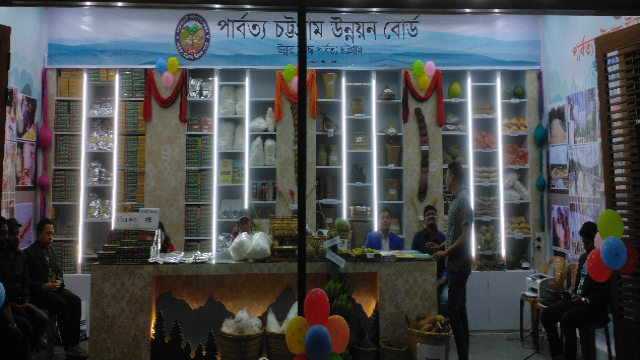
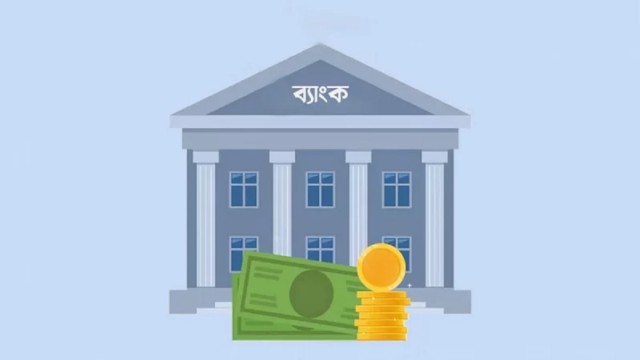

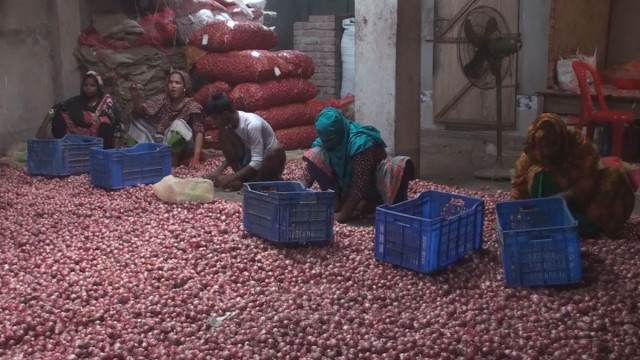

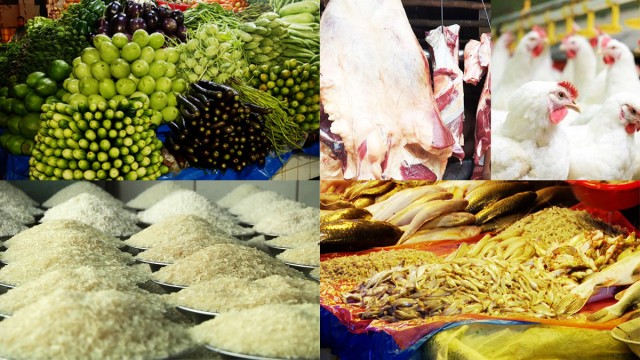





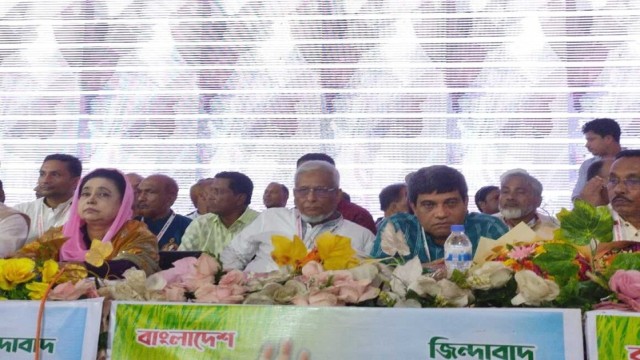
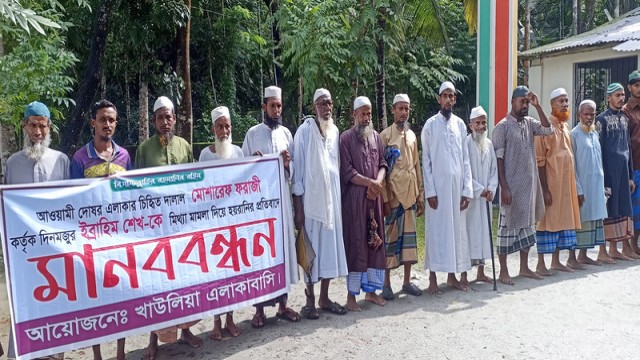
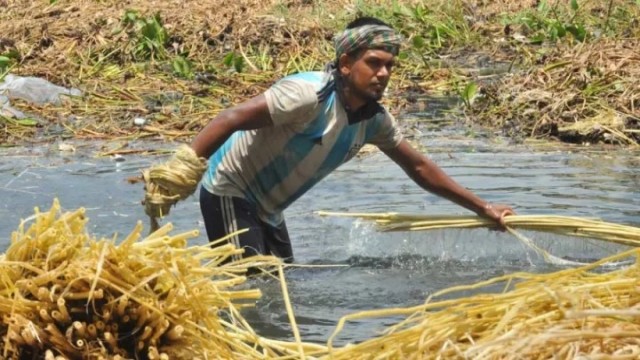

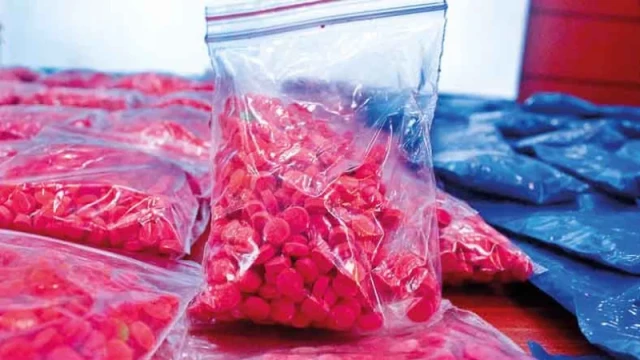
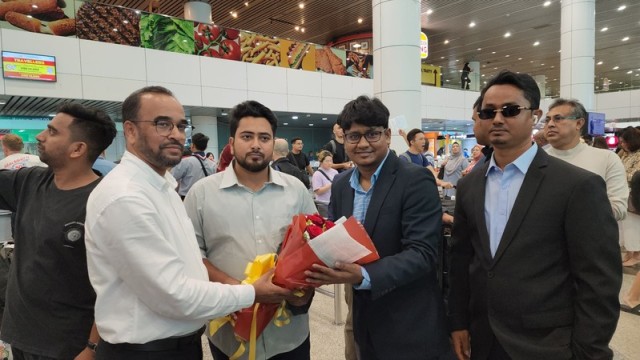


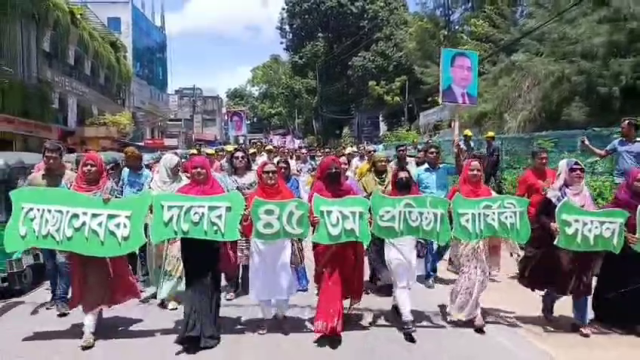
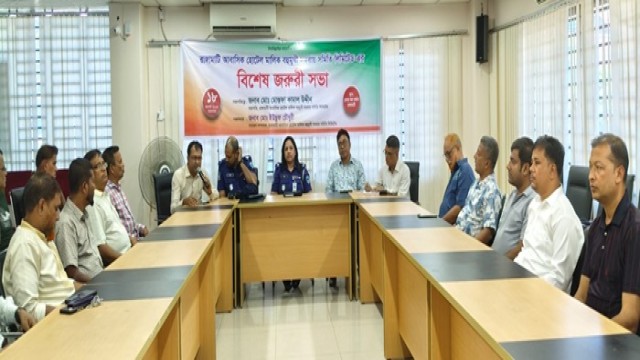
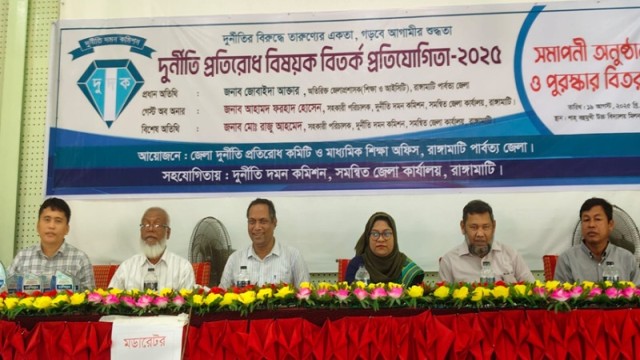

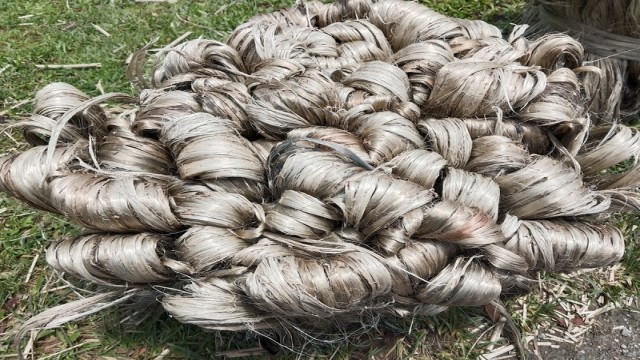
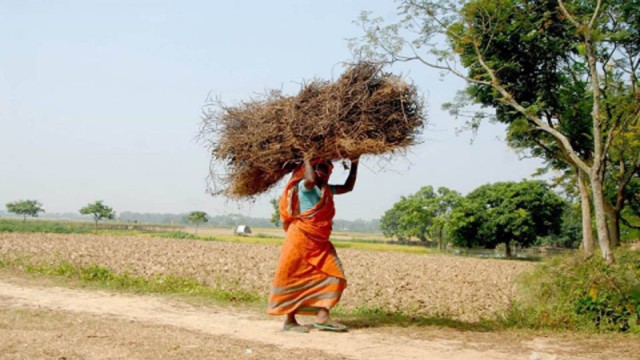
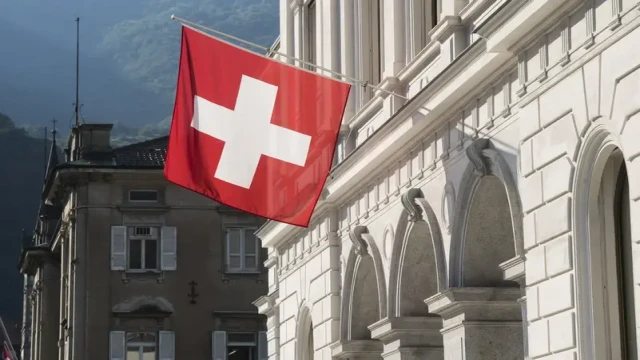


Comment: